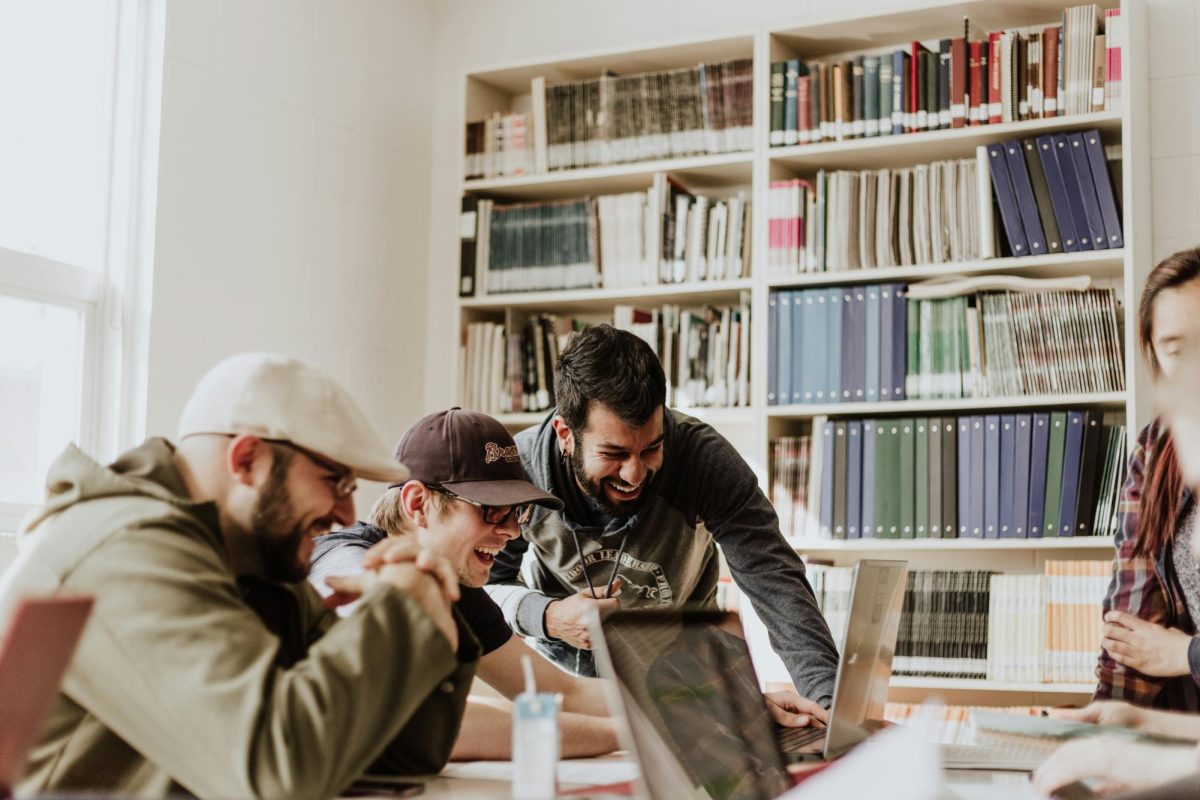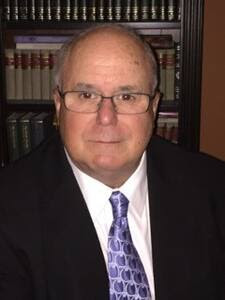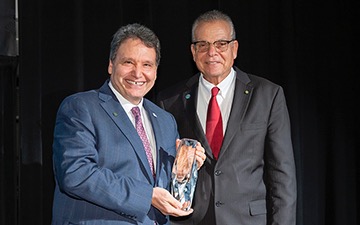A previous version of this article contained an image of a rat for visual purposes. The rodents Dr. Tahimic used the research were mice.
UNF physiologist professor Dr. Candice Tahimic and her team were awarded a $200,000 federal grant from NASA to support an exciting two-year research project involving astronauts’ health.

The grant will allow Dr. Tahimic and her team to find out how spaceflight impacts humans’ cardiovascular health who engage in spaceflight and what we can do to prevent the harm.
“The idea of sending humans into space is a rather new achievement for the human race,” Dr. Tahimic said. “There are a lot more changes involving other tissues and organs of our body. However, my study looks at how the cardiovascular system changes with space flight.”
Dr. Tahimic and other scientists have discovered that spaceflight impacts the health of astronauts in the following ways:
- Abnormal levels of blood flow in the head and neck
- Puffy face and headaches
- The stiffening of arteries
- Faster aging rate
Dr. Tahimic’s goal with her research is to try and understand,
- Why do these changes happen?
- What is the timeframe for these changes? When do you start seeing them?
- Are there any long-term effects?
Although Dr. Tahimic mainly studies the cardiovascular system in her project, she believes the project can provide tremendous insight regarding other tissues and organs,
“My goal of the project is also part of a bigger initiative to see how multiple tissues interact with each other,” Dr. Tahimic said.
Dr. Tahimic understands performing experiments involving humans can present some ethical challenges and can be pretty expensive. To mitigate these costs and ethical challenges, Dr. Tahimic uses a rodent model to simulate specific features of the spaceflight environment, such as:
- simulate microgravity
- simulate a special form of radiation called “space radiation.”
- isolation
All of the experiments involving rodents are conducted humanly and adhere to the animal care safety protocols of the university.
According to Dr. Tahimic, to simulate microgravity, rodents are suspended by their tails at a certain angle in an experiment known as the “Hindlimb Unloading Model.”
“Spaceflight can be a lonely process because astronauts will be isolated from their friends and family for extended periods,” said Dr. Tahimic. We know that isolation and loneliness can have a profound impact on the human body.”
Dr. Tahimic hopes this grant will bring new insight to the study of spaceflight, medicine, and biology. She also hopes this grant will generate curiosity about the wonders and excitement of science among Ospreys.
“My goal as an educator and as a scientist is to promote inquiry and curiosity about life,” said Dr. Tahimic.
_____
For more information or news tips, or if you see an error in this story or have any compliments or concerns, contact editor@unfspinnaker.com.















